1. Employee recognition is crucial in driving innovation by fostering a culture that encourages creativity and experimentation without fear of failure.
2. Recognizing and rewarding innovation efforts and outcomes motivates employees to continuously seek and implement new ideas, contributing to business growth.
3. Organizing contests and hackathons and providing public recognition for innovative ideas helps create a competitive yet collaborative environment that promotes innovation.
4. Offering skill development opportunities as rewards for innovation efforts further enhances employees’ ability to contribute effectively to the organization’s innovation goals.
In today’s highly competitive business environment, organizations need to hire top talent and nurture them in a work environment that promotes and stimulates innovation. Employee recognition can drive innovation in the workplace by creating the right culture and motivating employees to innovate.
Also Read: Trends in Employee Recognition – What to Expect in 2024?
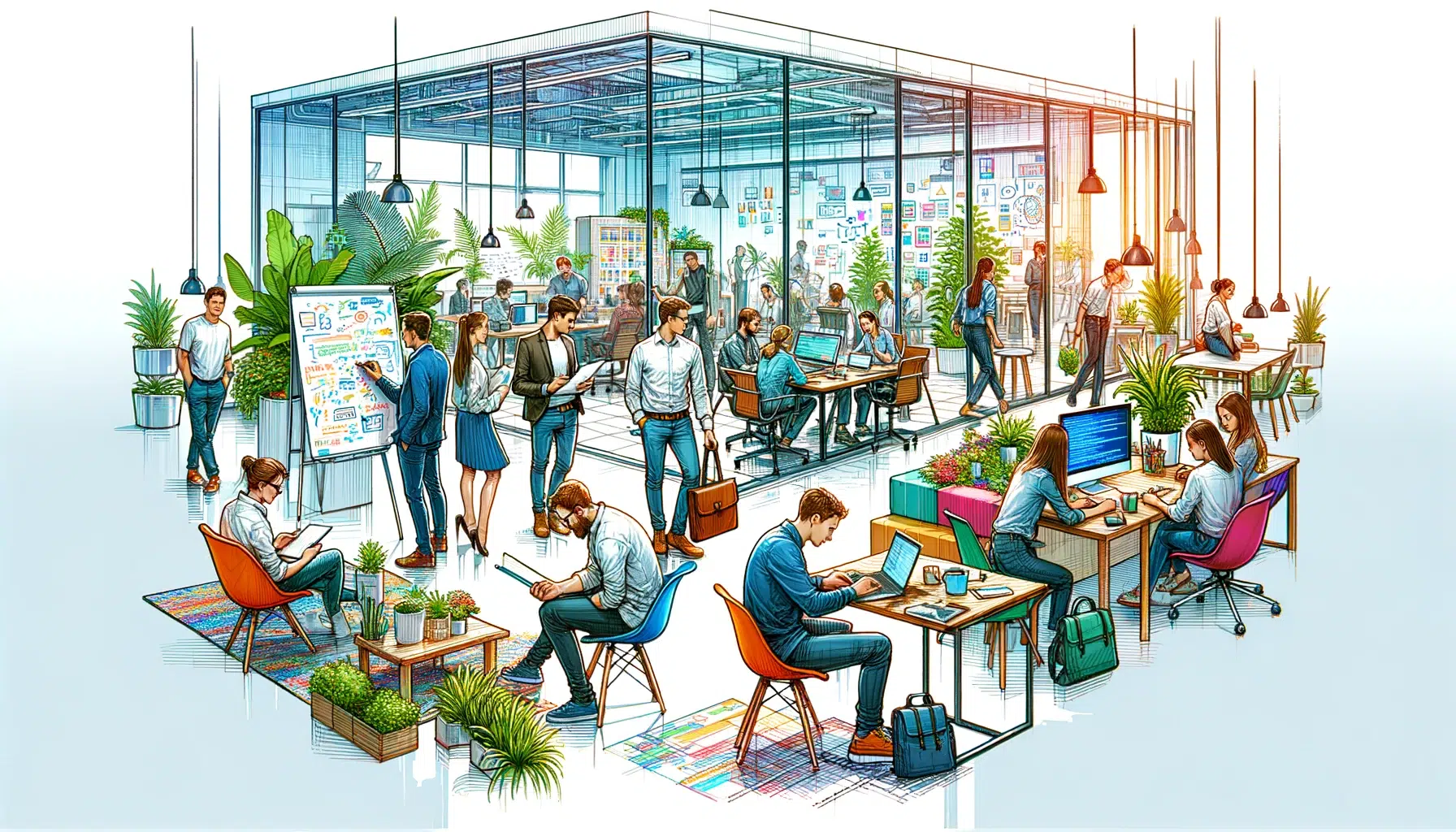
Innovation can be defined as any new idea, business process, work methodology, product, or service introduced in a work environment that creates a positive business impact.
Contrary to popular belief, innovation is not about making a massive breakthrough in a specific area of expertise.
Any slight change impacting the business can also be defined as an innovation.
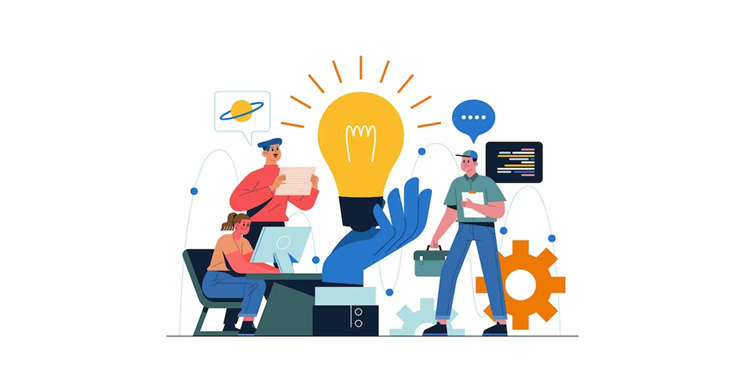
A work culture that encourages innovation makes the process of innovation continuous and sustainable in the organization.
It encourages employees to think outside the box, experiment, and devise innovative solutions to problems without fear of failure.
It also encourages them to challenge the status quo and develop new ideas.

Also, a culture of innovation makes it easier for organizations to attract top talent with similar innovative mindsets.
Infusing such talent creates a virtuous cycle of innovation within the organization.

Hence, organizational culture is one of the key elements for promoting innovation in the organization.
The right HR policies and practices can drive a culture that encourages and generates innovation.
Creating a culture of innovation is easier said than done, primarily due to the various challenges the workforce faces in this context.
The most common of these challenges include the following:

Most business leaders expect immediate outcomes from the various innovation efforts of the workforce.
This lack of patience from the top management proves to be the biggest hindrance in driving innovation in the workplace.
The top management must understand that even the most minor innovative ideas take time to provide the desired results.
Rejecting ideas quickly can prove quite damaging in the long run.

Another major challenge organizations face in building a culture of innovation is the fear of experimentation and failure within the workforce.
Since being innovative means doing things differently, most employees tend to feel anxious about the changes resulting from implementing innovative solutions.
Hence, they overlook the importance of continuous improvement (kaizen) and new ideas, building a robust internal resistance towards them.

Supervisors and line managers are generally evaluated based on immediate outcomes and tend to disregard any efforts toward innovation.
Hence, when their team members come up with creative ideas, they fail to get adequate and timely managerial support for the same.
This prevents the employees from thinking out of the box and seeking innovative solutions to existing problems.
The lack of support from their supervisors results in lower motivation of the workforce towards innovation.

Innovative solutions often require organizations to provide employees with specific resources, such as time, space, materials, and even access to training programs.
The unwillingness of the organization to invest in such resources can diminish the spirit of innovation within the workforce.
Employees start thinking that innovation is not a priority for the organization and stop focusing their efforts away from innovation.
Employee rewards and recognition can have a significantly positive impact on driving innovation in the workplace by developing an optimal culture.
A properly intentioned and structured employee recognition program can enable organizations to align their work culture toward promoting innovation.
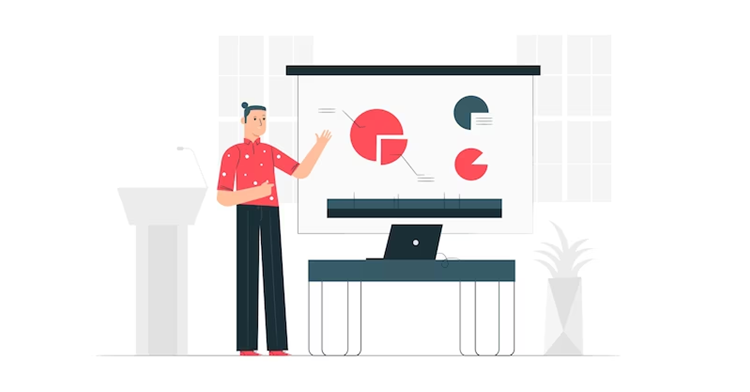
Employee rewards and recognition can prove effective in keeping employees motivated and engaged.
Such employees are more likely to think about creative ways to work more effectively and efficiently and enhance their organization’s growth and success.
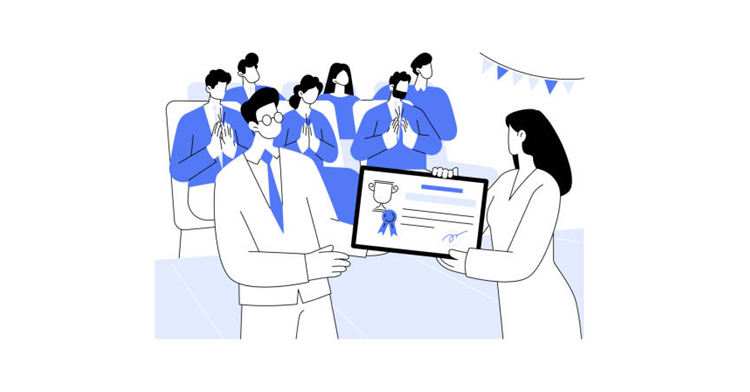
More engaged employees are likely to feel inspired to find new and innovative ways to improve business processes, refine product offerings, and enhance customer interactions.
They are also more likely to develop new and innovative ideas and suggest them to the management.
Knowing how vital a conducive organizational culture is to driving innovation, let’s look at a few best practices for leveraging employee recognition to create such a culture of innovation.
Here’s how employee recognition can drive innovation:
1. Recognize Innovation Efforts
2. Reward Innovation Impact
3. Seek And Reward Best Ideas
4. Organize Contests And Hackathons
5. Enable Public Recognition For Innovation
6. Offer Skill Development As A Reward


Managers and supervisors should be empowered to recognize the innovation efforts of their team members.
Integrating the employee recognition program with the innovation efforts of employees would motivate them to continue with this behavior.
Employees would feel inspired to use their creativity towards new ideas and newer approaches to problem-solving.
They would feel that their organization is open to accepting new ideas and solutions, even if they are small and seemingly insignificant.
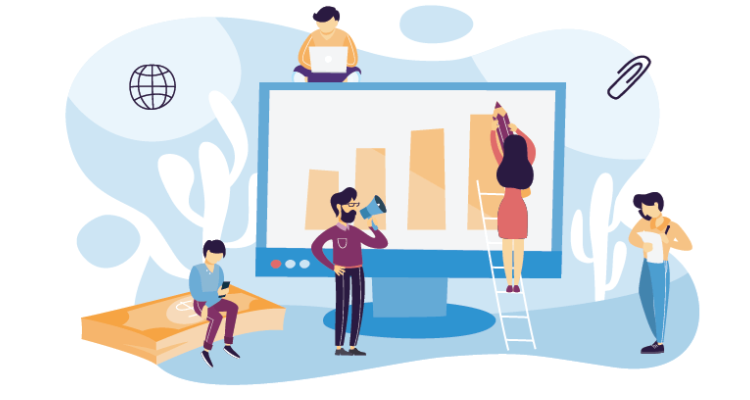
Organizations should look at employee recognition programs that offer rewards based on the outcomes of innovative solutions.
This would encourage employees to explore their creativity and experiment with innovative ideas until they find the solution with the highest business impact.

Organizations should actively encourage employees to contribute new ideas and solutions and ensure that every innovation effort is recognized and appreciated, regardless of size.
Employees presenting such ideas should not only be recognized but also be appropriately rewarded.
This motivates the employees to make thinking out of the box an integral part of their work methodology.
Organizations must create a process for employees to submit ideas regularly and be rewarded for the ones with the highest impact.
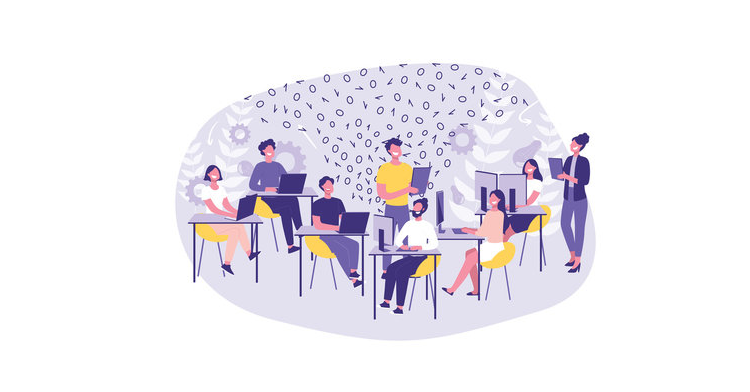
Organizations can organize pitching contests and hackathons and reward and recognize the participants and the winners to promote the concept of innovation within the workforce.
Such events help create a spirit of healthy competition among the workforce and can contribute significantly to developing a workplace culture of innovation.

Recognizing employees publicly at team meetings, town halls, and other forums for their creative ideas and solutions is another way to drive innovation in the workplace.
Such public recognition encourages employees to continue their innovation efforts and inspires others to follow on their path of innovation
A good employee recognition software that integrates with internal collaboration platforms such as MS Teams and Slack and social media such as Facebook and LinkedIn can make public recognition much more effective.
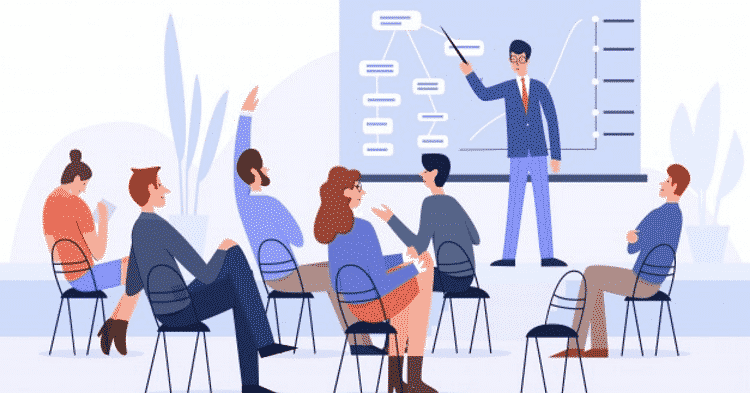
Another great way of promoting innovation in organizations is by providing upskilling and learning opportunities to employees, especially those who have demonstrated innovation as a form of reward or recognition.
This would motivate these employees to continue their innovation efforts and increase their effectiveness through additional skill development.
Leveraging employee recognition to drive innovation in the workplace can prove beneficial for organizations in more than one way. In addition to enhancing the overall engagement, and productivity of the workforce, it can help businesses grow faster and stay competitive.

Lead author: Sagar Chaudhuri, the Co-Founder and CEO of HiFives. He is an HR Tech Evangelist with over 25 years of corporate and entrepreneurship experience. In the past, Sagar has worked in leadership roles with companies such as Genpact, Infosys, and ICICI Bank. He has an engineering degree from IIT Kharagpur and an MBA from IIM Lucknow. Connect on LinkedIn
To stay updated on the latest HiFives blogs, follow us on Twitter (@MyHiFives)